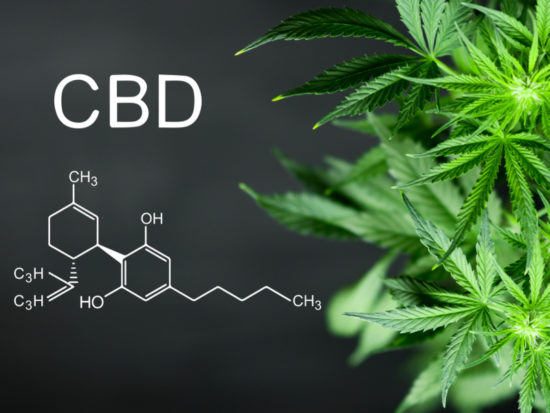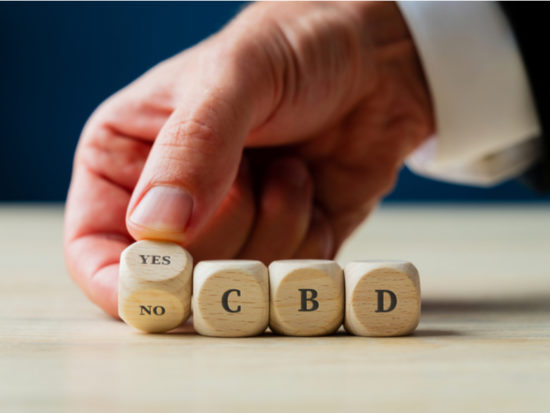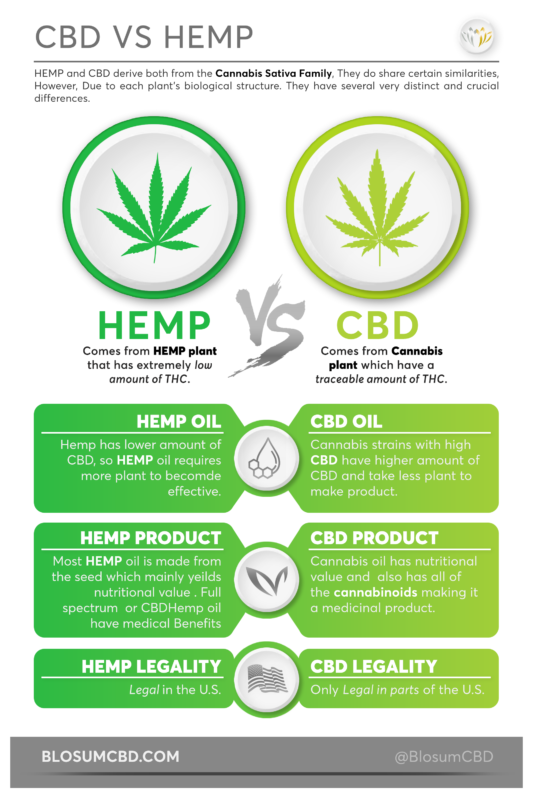Is CBD Oil Legal?
CBD’s popularity as a wellness product has skyrocketed over recent years. Customers can find cannabidiol products virtually everywhere. Is CBD oil legal? Many customers have reservations regarding the legality of these products underneath their initial awe at cannabidiol’s supposed many health benefits.
Is CBD legal? This is the question that makes customers hesitate before purchasing their chosen CBD products. Like most hemp products, the legal details regarding cannabidiol are complex. It is only right that customers familiarize themselves with these laws before making their purchases.
What is CBD

One of the hundreds of compounds found in the cannabis plant is cannabidiol. A cursory look online will prove just how popular this particular substance has become.
CBD’s rise to fame is due to the many health benefits users claim to have achieved after integrating the compound into their daily lives. Consumers use cannabidiol to possibly provide pain and general anxiety relief.
Although the scientific studies on the compound as a whole are in the early stages, the preliminary research that has been done is very promising.
A project published in the European Journal of Pain found that cannabidiol has the potential to reduce inflammation caused by arthritis. The experiment used rats with arthritis for testing. Researchers found that when they topically applied cannabidiol to joints, the substance attenuated inflammation.
Similarly, another group of researchers tested cannabidiol’s possible role as a kind of treatment for general anxiety disorders. After observing the effect on test subjects regularly taking CBD doses, the research concluded that cannabidiol can potentially combat multiple mental disorders.
Members of the scientific community and health professionals alike agree that more research on this hemp compound is needed in order to fully observe both its positive and negative side-effects. Cannabidiol can potentially help fight several medical conditions. However, its legal and medical restrictions on this substance complicate progress.
CBD vs THC
The answer as to whether CBD oil is legal is somehow related to its co-cannabinoid, THC. There are many similarities between cannabidiol (CBD) and tetrahydrocannabinol (THC) that lead several people to confuse the two for one another. They come from the same origin plant and have the same atoms.
Chemically, both CBD and THC have 21 carbon atoms, 30 hydrogen atoms, and 2 oxygen atoms. The difference between these two products arises most significantly in their effects which are caused by a difference in structure.
In layman’s terms, CBD and THC make users feel differently because their similar atoms are structured differently from one another.
The psychoactive effect is what mainly separates these two compounds from each other. Cannabidiol is non-psychoactive while THC is famously psychoactive. The concentration of the latter within marijuana products determines the levels of “high” users will experience.
Beyond their chemical structure is how these two compounds interact with the human body.
When consumed, THC binds with naturally-occurring CB1 receptors in the brain. This relationship produces a high or sense of euphoria.
On the other hand, cannabidiol binds very weakly with CB1 receptors and can even inhibit the binding of THC with these same receptors. This may explain why full-spectrum CBD products do not produce a high even though they contain 0.3% THC. The effects of CBD may dampen the psychoactive effects of THC.
Is CBD Oil Legal?
Generally speaking, purchasing CBD oil is legal in the United States as long as it doesn’t contain more than 0.3% THC.
The specificities of this law vary depending on the state a customer resides in. For example, in the state of Virginia, customers can only purchase cannabidiol if it is prescribed by a doctor.
The sale of cannabidiol was not always possible within the country. When the 2018 Farm Bill was passed, companies were allowed to obtain and grow industrial hemp within certain states.
Before this law was passed, hemp producers had to travel outside of the country to purchase mature cannabis stalks to create hemp. However, this part of the hemp plant only yielded a limited amount of cannabidiol. The stalks needed to go through a blooming phase to produce more cannabidiol.
Unfortunately, it was this blooming process that then made these stalks illegal under federal law. The blooming process also produced THC which is still a controlled substance in many states.
Currently, hemp companies locally source their raw materials from farms state-side. The growing of this raw material is completely legal but its purchase is a different issue. As stated above, the law varies by state so customers should diligently check before making any purchases.
Hemp vs Marijuana
Unlike the confusion between CBD and THC, the problem of separating hemp from marijuana is unfortunately present even within hemp companies themselves.
Some people have described hemp and marijuana as simply different strains of the cannabis sativa plant, but this is not completely true.
Hemp describes a variety of cannabis that contains 0.3% THC or less by dry weight. It is the least non-intoxicating variety of cannabis for industrial use. On the other hand, marijuana is a variety that contains up to 30% THC and can cause psychotropic effects. This level of possible intoxication is one of the reasons why there is confusion as to whether CBD oil is legal.
Still, experts say that even this comparison falls short. It is not enough to contrast the two based solely on their THC content as it is only one aspect of their compositions. Aside from their chemical compositions, one way to tell these substances apart is their legality.
Hemp used to be included in the Controlled Substance Act of 1970 as an illegal substance. Officials changed the status after the Agricultural Improvement Act of 2018. The passing of this law federally legalized hemp and hemp-derived products as long as they contain 0.3% THC or less.
Meanwhile, according to the Drug Enforcement Administration, many states still consider marijuana a controlled substance. To this day, only 21 states have legalized medical marijuana and 12 states have legalized recreational and medical marijuana. Marijuana is still illegal in all other states in the country.
Related Articles
CBD Gummies 101
Best CBD Oil Reviews
Hemp Oil vs CBD
Should you choose to buy CBD oil, it’s important to know its difference from hemp oil. Their main difference lies in their origins.
CBD oil comes from the leaves, flowers, and stalks of the hemp plant. These are the only parts of the hemp plant that contains cannabidiol. By contrast, hemp oil comes from a process of “cold pressing.” During this process, hemp seeds are pressed to produce oil.
You can strain cannabidiol oil until the extracted product contains only the desired cannabinoids. Manufacturers extract broad-spectrum hemp to exclude THC. Isolate products only contain CBD and a carrier oil.
On the other hand, hempseed oil is a whole plant extract. It contains a blend of different phytocannabinoids, terpenes, and flavonoids that work together to produce many possible health benefits.
The confusion customers experience between hemp oil and CBD oil is understandable as this is sometimes the fault of false marketing. Some brands purposefully market these two substances interchangeably for their own gain.
Brands sometimes market hemp seed oil as CBD oil to gain a profit. Customers are willing to pay more for CBD oil because of its popularity and also because of the supposed health benefits that using the product can achieve. Customers are also aware that manufacturing cannabidiol oil is more expensive than making hempseed oil.
Sometimes, brands do the opposite and advertise cannabidiol oil as its hempseed counterpart. This is because some companies want to avoid sanctions from the FDA.
Customers should search for brands that meticulously produce their products to avoid any bad experiences. To date, no over-the-counter CBD product has received FDA approval. Consumers are to take them as dietary supplements, not medication.
Summary
So, is CBD oil legal? The answer is it really depends where you live. There are a handful of states that have legalized recreational and medical cannabis as a whole, while others have more restrictions.
In the end, consumers should always check state laws to see where hemp-derived CBD wellness products legally stand.
Disclaimer: Is CBD Legal? Hemp-derived CBD products (with less than 0.3 percent THC) are legal on the federal level. These statements have not been evaluated by the Food and Drug Administration. This product is not intended to diagnose, treat, cure or prevent any disease and products have not been FDA approved. You must be at least 21 years old to purchase these products. Talk to your physician or medical doctor for additional information.



